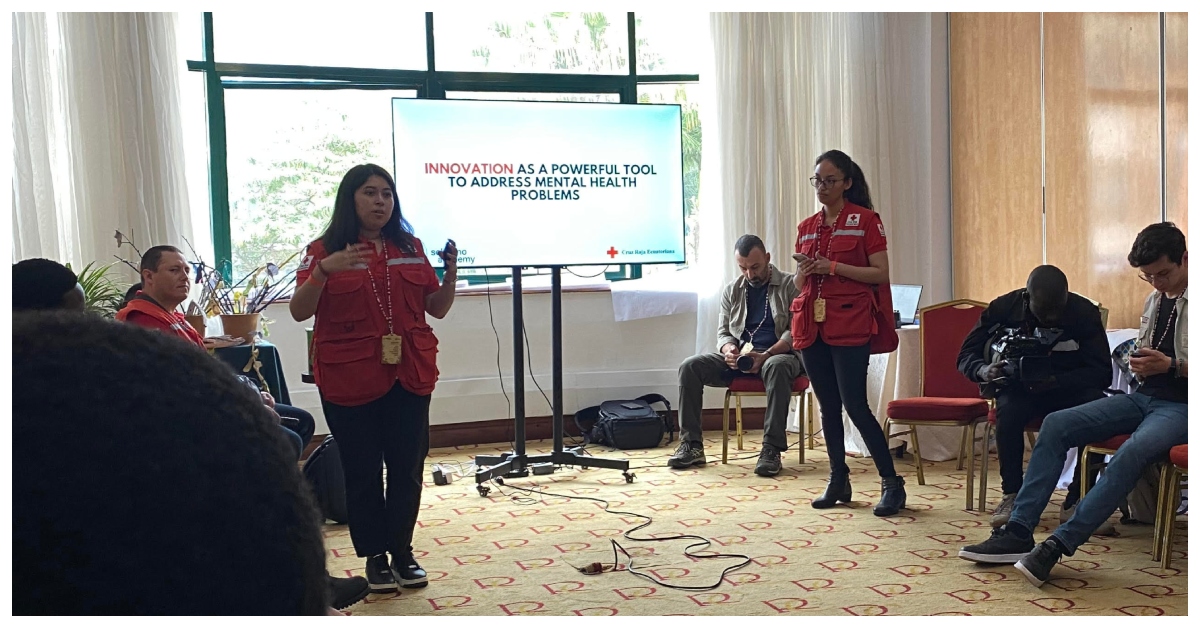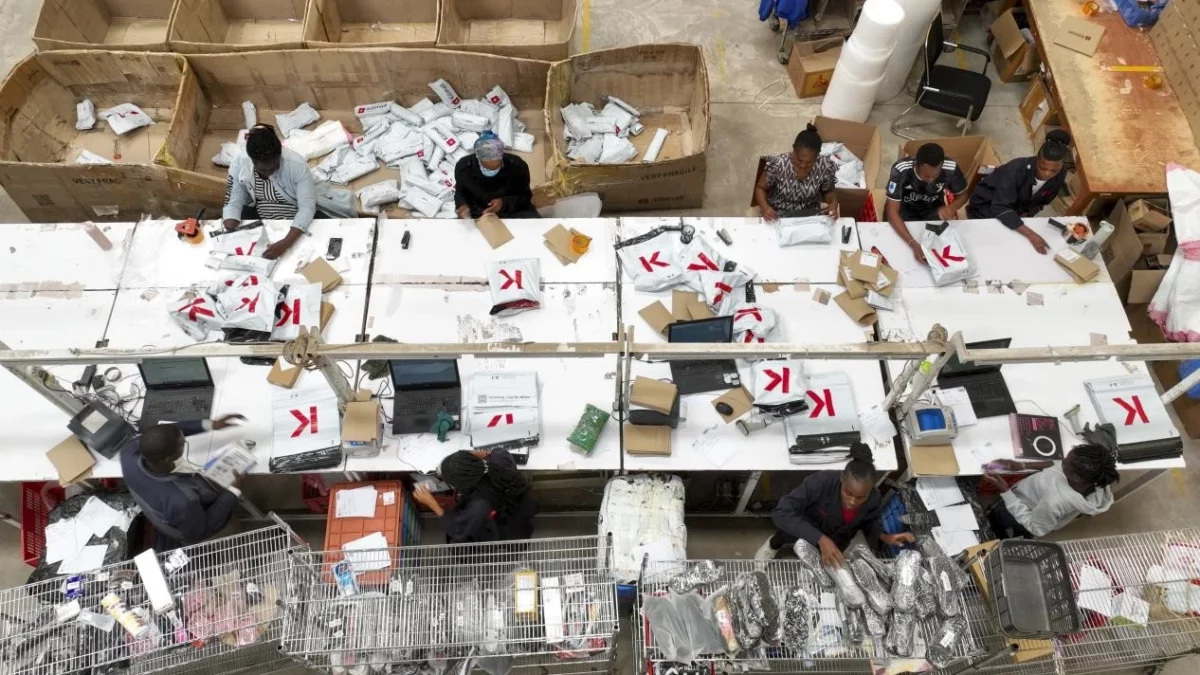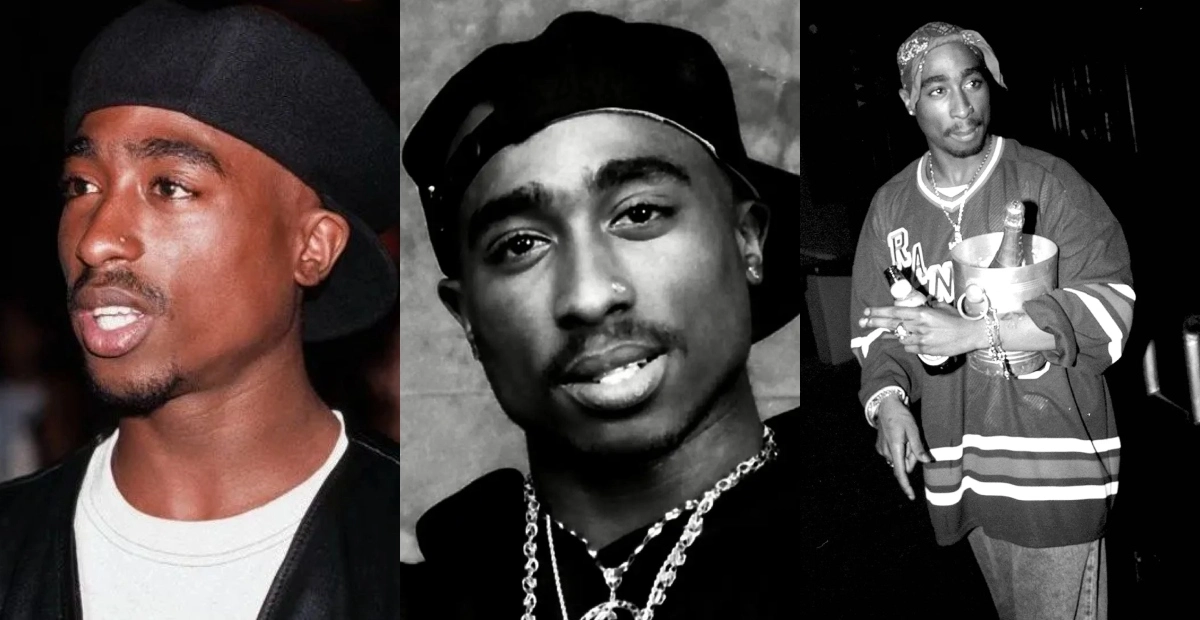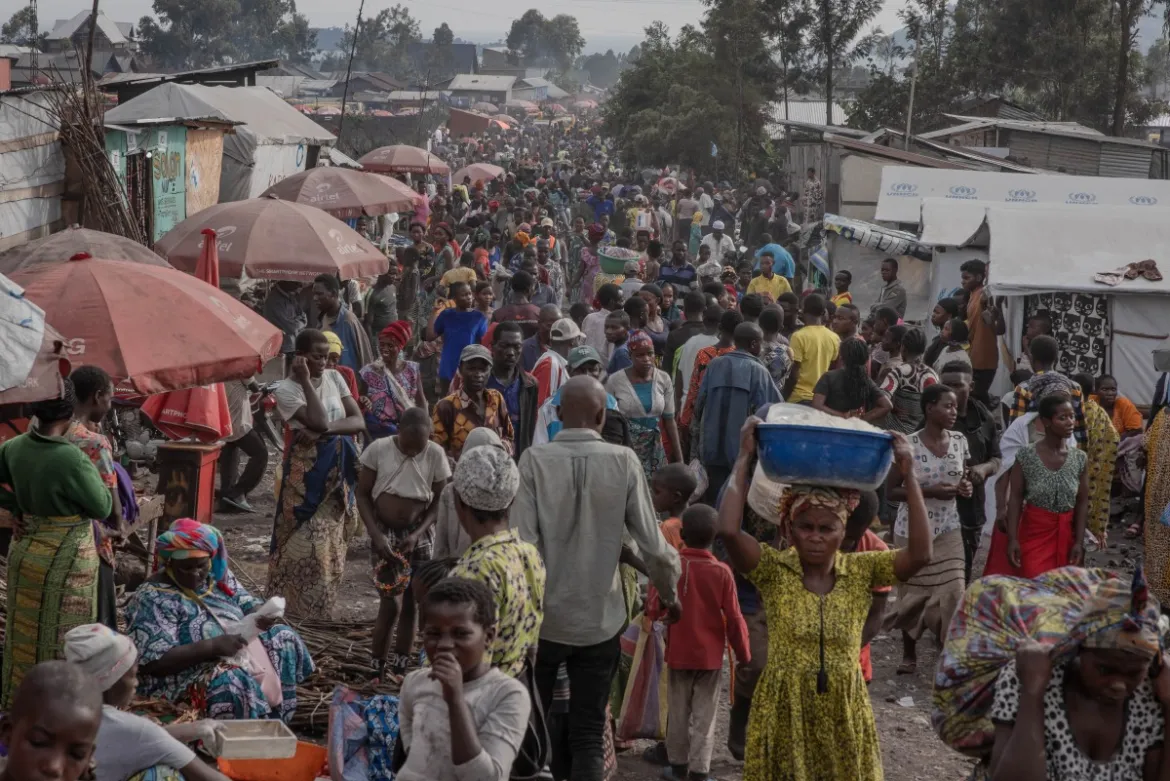Cruz Roja Ecuatoriana (Ecuador Red Cross) presented a project that explores new approaches to Mental Health Action through the ingenious use of gaming and virtual reality. This revolutionary concept, primarily targeting adolescents, aims to transform the way mental health and psychosocial support activities are conducted.
The International Federation of Red Cross (IFRC) Global Innovation Summit, held at the Boma Hotel in Nairobi, bore witness to a groundbreaking initiative in the field of mental health.
Read Also: Mental Health Awareness Urgently Needed in Kenya: A Look at Recent News Stories
The Ecuador Red Cross showcased its innovative project through a specially designed booth, reminiscent of a box, that provides a unique space for individuals to express their emotions. Within the booth, a set of cards with diverse tasks awaits participants, offering engaging challenges to complete. Upon finishing these tasks, individuals are rewarded with stickers, effectively replacing the conventional monotonous mental health talks with an interactive and immersive experience.
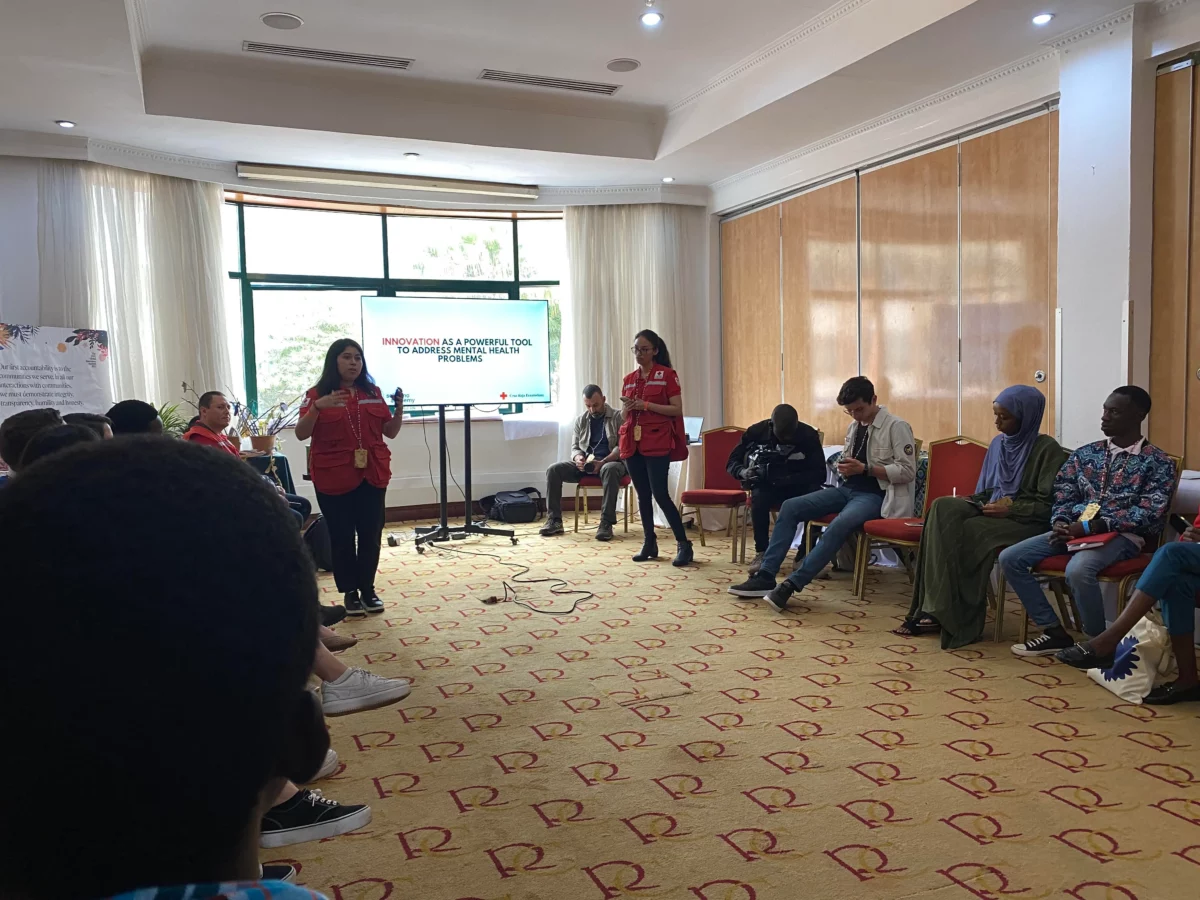
One of the highlights of the presentation was the integration of virtual reality and gamification to assist individuals with their mental health and promote learning. By leveraging the power of technology, Ecuador Red Cross demonstrated how virtual reality experiences can create impactful and empathetic environments for addressing mental health concerns.
Acknowledging the significance of innovation in tackling mental health issues, the project emphasized the following principles:
- Do No Harm: Ensuring that all activities and interventions prioritize the well-being and safety of participants.
- Understanding Culture and Context: Tailoring mental health initiatives to specific cultural backgrounds and social contexts to enhance relevance and effectiveness.
- Reducing Digital Gaps: Addressing disparities in access to technology and digital resources to ensure inclusivity and equitable distribution of support.
- Process of Understanding: Continuously evaluating and refining the project to better understand its impact on humanitarian work and mental health outcomes.
- Partnership with Professionals and Academia: Collaborating with mental health experts and educational institutions to ensure the project’s alignment with evidence-based practices and emerging research in the field.
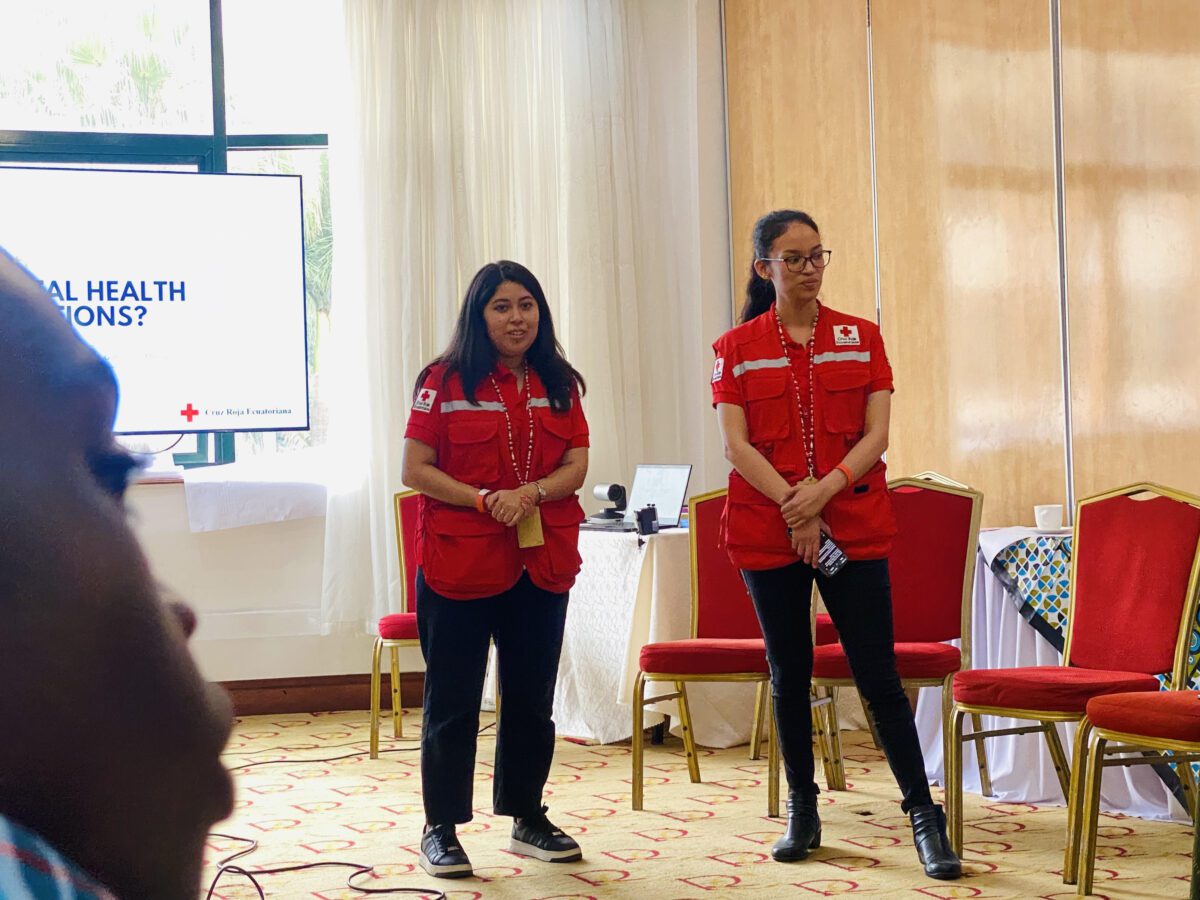
The Ecuador Red Cross project has already undergone testing in high school partnerships, with each session accommodating a maximum of 15 participants to optimize effectiveness. The results have been encouraging, demonstrating the potential of this innovative approach to positively impact mental health and psychosocial well-being.
Subscribe to our YouTube Channel at Switch TV.
The successful implementation of this initiative signifies a significant step forward in addressing mental health challenges through creative and engaging methodologies. As mental health continues to be a global concern, the Ecuador Red Cross’s innovative use of gaming and virtual reality paves the way for the adaptation and integration of similar approaches worldwide.
By embracing innovation, understanding cultural nuances, bridging digital gaps, and fostering partnerships, the mental health landscape can be transformed, offering effective support and care for individuals in need.


